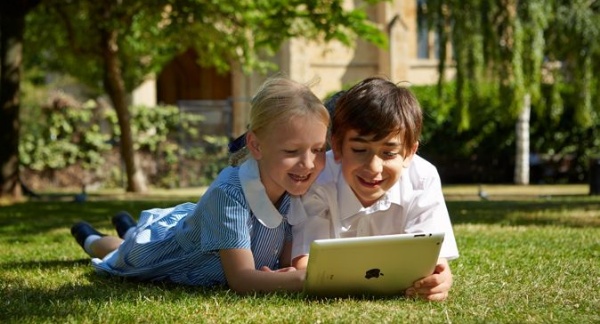Collaborate to Succeed

When we think of Pisa scores (Programme for International Student Assessment), the focus tends to be on rankings for maths, science and reading and sees countries such as Finland, Korea and Singapore and their practice, having heavy influence on subsequent initiatives chosen by policy makers amongst the laggards. A lesser-known feature of the OECD’s Pisa scores, however, is data that indicates how well children are able to collaborate to solve problems.
The fact that OECD (Organisation for Economic Co-operation and Development) gathers evidence to quantify how well children collaborate is not to displace maths or science, but more a signal that without such skills, children have less of a chance to thrive in the real worlds of life and work.
A key factor is that today’s children will be entering a job market that is vastly different from the one encountered by most school leaders or ministers. Driverless cars are taking to our streets, artificial intelligence programmes developed by AlphaGo have been crushing humans in tasks that were once thought impossible for computers and, on a daily basis, we receive shopping despatched from warehouses facilitated by robots working in what are known as human exclusion zones.
Such advances in technology are dramatically changing the requisite skills necessary to secure and keep a job. With studies predicting that trends such as automation, ageing population and climate change, will affect future demand, harder to automate, are skills such as creativity, problem-solving, critical thinking, teamwork and understanding systems.
A sensible solution would be that these skills lie at the heart of every school curriculum, yet, many educational institutions remain locked in more traditional methods, driven by the more apparent margins measured by OECD Pisa scores.
Those that have embraced the findings have found success, with Finland, and its subsequent nationwide curriculum overhaul, often recognised as leaders in such an approach. What is becoming clear, is that, whilst these skills complement achievement in traditional subjects, they are often best acquired in a variety of ways: working on real-life projects and working in teams, rather than alone.
Anyone who has visited Cameron Vale will know that we have become rather adept at weaving the skills of creativity, problem-solving, critical thinking and teamwork into our children’s learning. Each project that children undertake, sees them working together and seek solutions to solve a dilemma. This term, our youngest children are charged with the task of working as a team of experts to find a solution for the Three Little Pigs to build a house so sturdy that it cannot be blown down!
The most basic duty of any educational system is to prepare young people for the real world they will encounter, not an imagined world or one with by-gone traditions.
I wonder where our children would feature in Pisa’s collaborative league tables?
